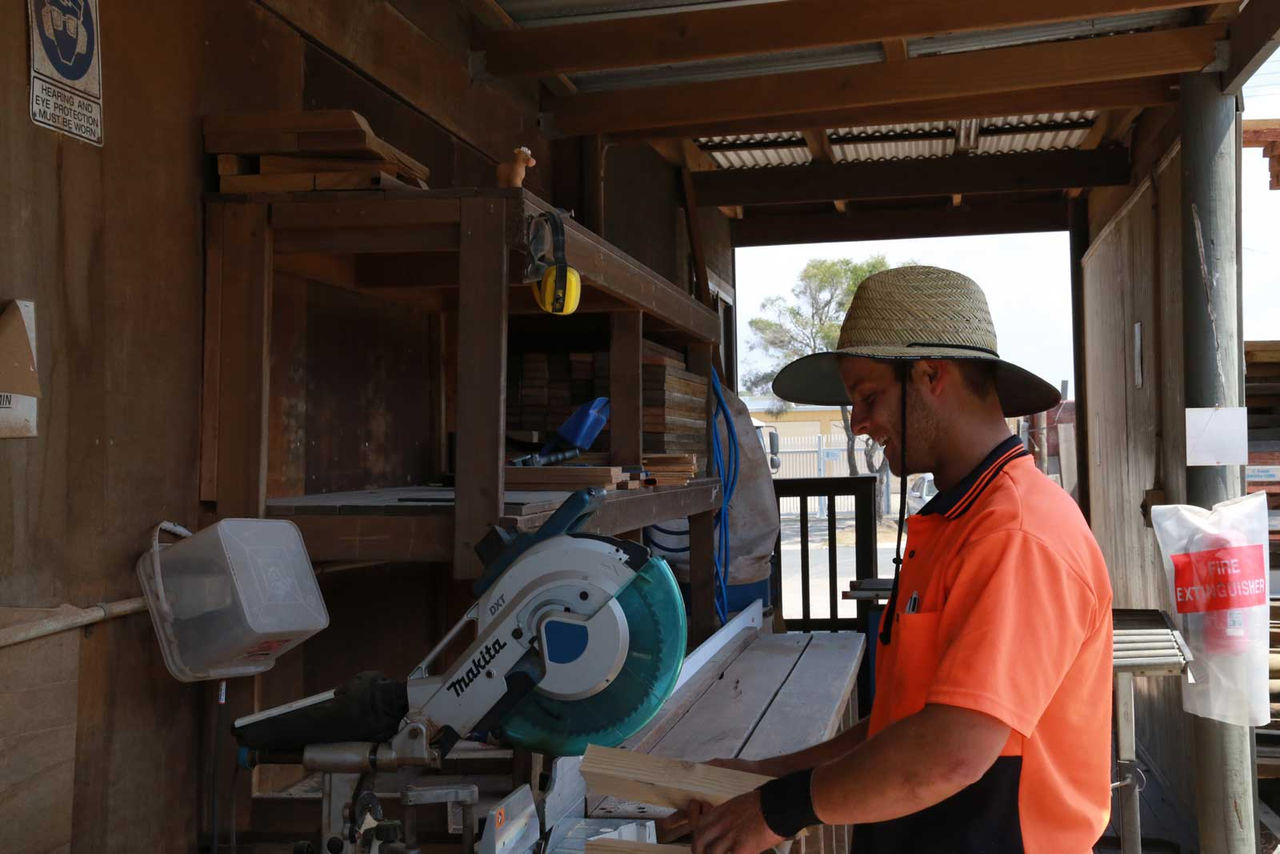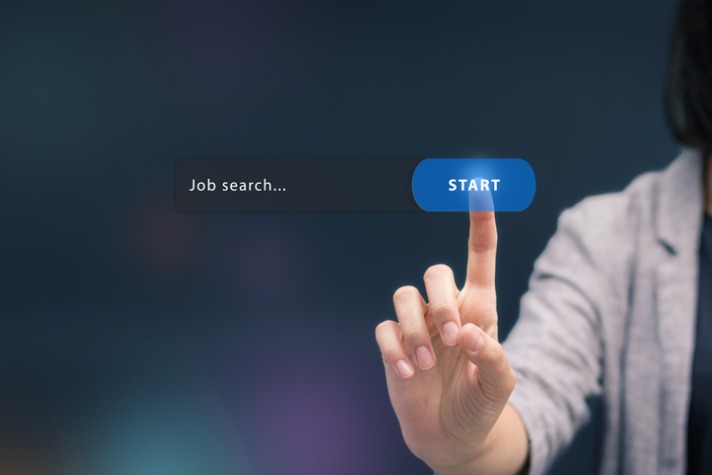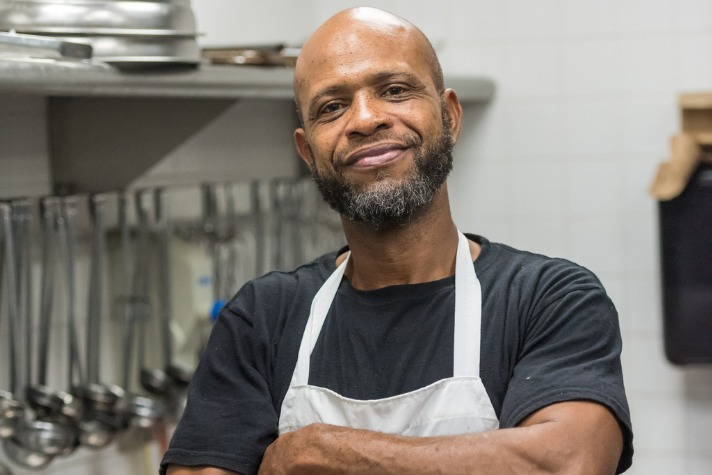How to deal with workplace conflict
Published by MAXSolutions on March 13, 2023

Conflict in the workplace is something that is unavoidable whenever you have a group of people with differing goals, perspectives, and backgrounds. But conflict at work doesn’t necessarily have to be a bad thing.
Conflict can bring teams or colleagues closer, build new skill sets and help achieve things greater than previously thought possible.
Keep reading to learn about how to manage conflict more effectively.
How to deal with workplace conflict
Conflict in the workplace can arise for many reasons. Thankfully, conflict management skills can be applied across several different situations.
Understand your stressors
The first step in managing conflict should be self-reflection.
It is important to understand what can cause you stress and how you can manage or reduce your stress in the workplace before it becomes a problem.
This is because stress in the workplace can be a precursor to conflict and can also escalate situations.
Being able to effectively recognise stressors and improve personal coping abilities can help avoid conflict escalating in the workplace.
Choose your words wisely
When you are trying to solve a problem with a colleague or team member the first thing to focus on should be to think carefully about the words you use.
Try to avoid blaming anyone or using judgmental language that may make others self-conscious or defensive.
This is a quick way to get the other parties to shut down and devolve the conversation into a more heated or argumentative one.
Also, try focusing on the solution instead of the problem, this will naturally lead the conversation towards a more productive space.
Communicate openly
If you are trying to resolve an issue it pays to be upfront with the people you have difficulties with.
Being indirect could lead to misunderstandings that don’t solve your problems or may even make them worse!
Even if you are emotionally invested in the issue, it is crucial to keep calm, respectful, and professional.
This will allow you to better communicate your issues and ensure the other parties don’t switch off from the conversation.
Active listening
Just as you want to be heard so does everyone else. So, it’s only fair that you participate in both sides of the discussion.
Open body language is one part of active listening and involves things like appropriate eye contact, relaxed body posture, and using a calm tone.
Active listening also involves observing the non-verbal messages you are getting and responding to them appropriately to help reach mutual understanding.
Good active listening can also be asking appropriate questions to clarify or summarise what you have heard to ensure you are receiving the right message.
Demonstrate empathy
A lot of conflict in the workplace can arise from a lack of understanding of people’s unique situations.
Especially if you aren’t particularly close with the person you disagree with, aren’t familiar with their background, or what is happening in their life.
We are not robots and sometimes we can’t help but be affected by things happening outside of our control and outside of work.
By showing a willingness to empathise with your colleagues and a desire to understand them, you are signalling that you care for them as human beings.
Be curious
We are all made up of unique personalities, perspectives, and past experiences that sometimes make it hard to understand those that are different to us.
This unfamiliarity can sometimes breed conflict.
It can help to ask appropriate questions and show genuine interest.
You may be surprised how looking at things from different perspectives can open up new ways of doing things.
The new level of understanding you share will also help you deal with workplace conflict.
Willingness to collaborate or compromise
You may believe you are in the right and your way is the only way to get the job done.
However, the person you are in conflict with might be thinking the same thing.
Without a little flexibility, it will be hard to resolve your differences.
Be open to change things up or refocus and remember you are all chasing the same goal – to be happy and successful at work.
David Jennings is a registered psychologist with a Masters in Applied Psychology from Victoria University.
David has experience providing mental health services to clients in employment services, disability services, SLES, and EAP.
Share
Tags
Found this useful?
Help and advice
Our blogs are about helping people seek the information that they need for their steps in the workforce.








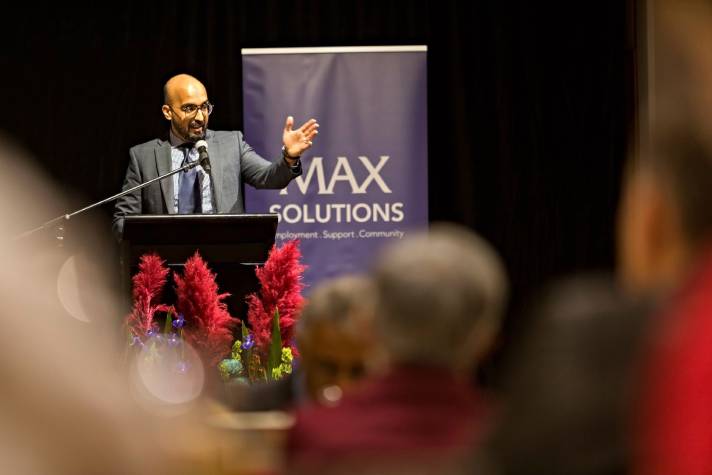
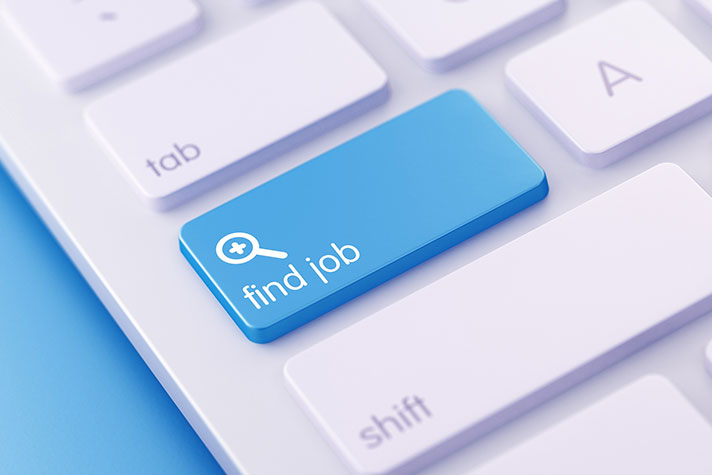




_1.jpg)


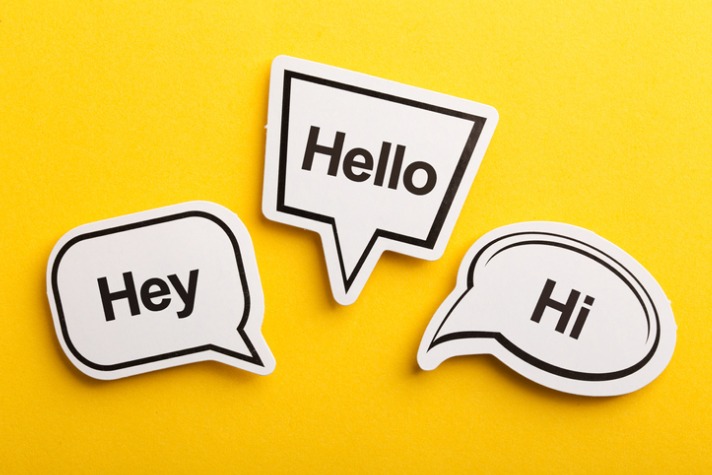

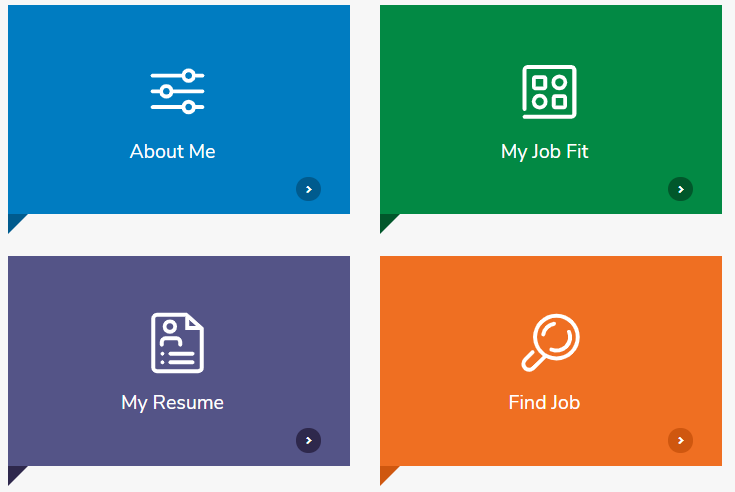

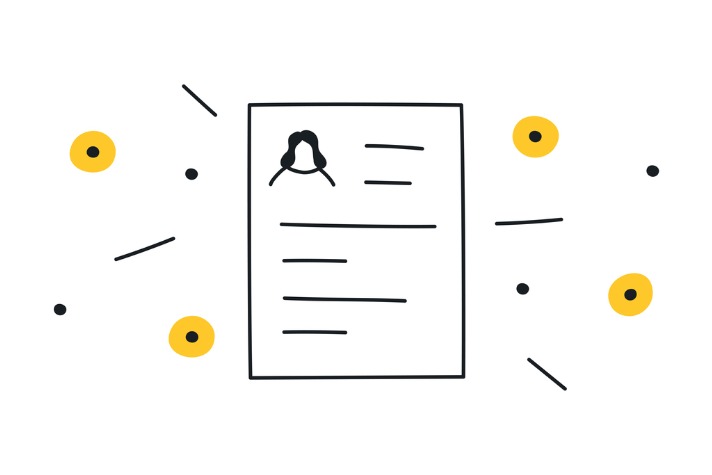

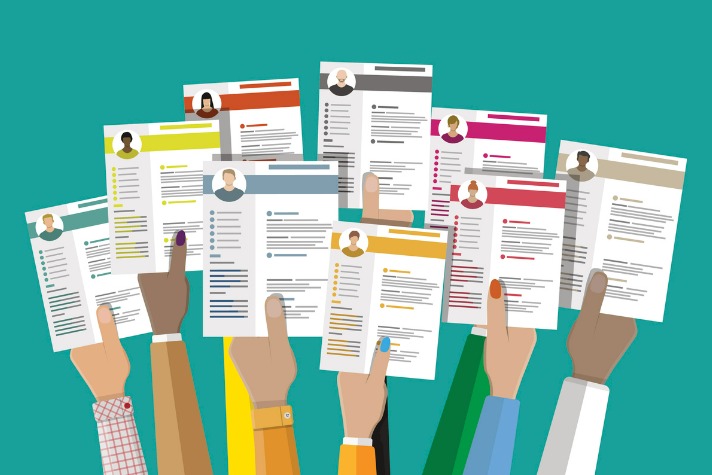




















.jpeg)
